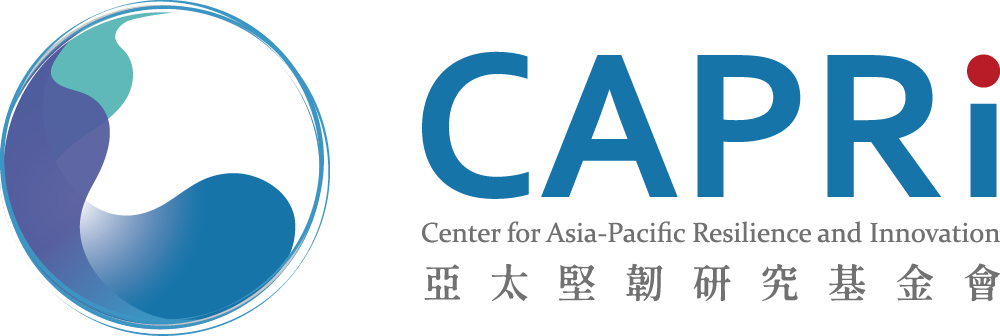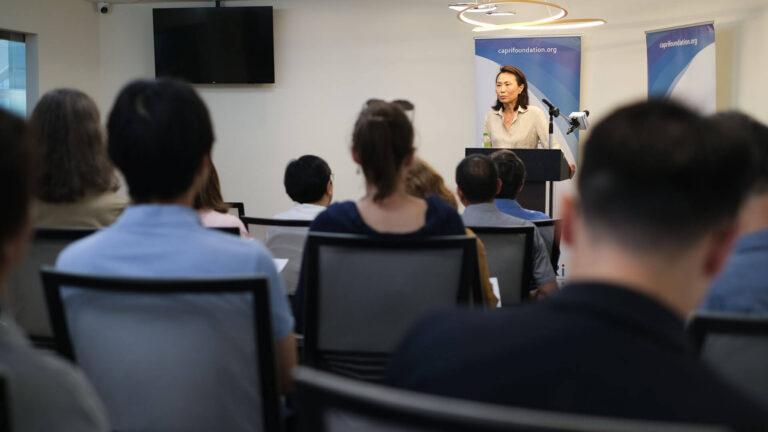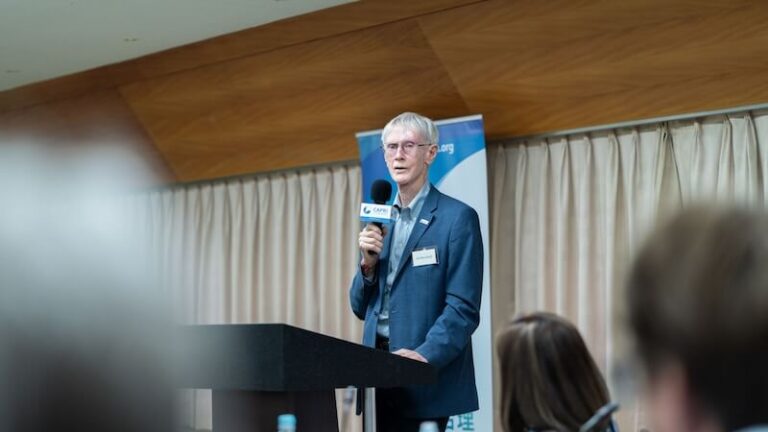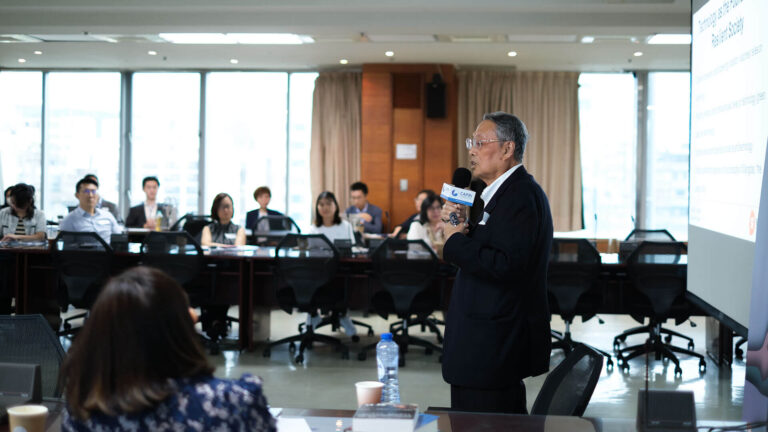The Democracy in Asia project at the Brookings Institution explores the state of democracy in the Indo-Pacific region, particularly focusing on the challenges of corruption, disinformation, inequality, and public health in democratic governance. Syaru Shirley Lin led the CAPRI research team to organize the public health working group, which contributed five policy memos and a preface on how democratic Asian governments have fought the pandemic using technology and data while preserving individual liberties, personal privacy, and democratic values. The research and analysis of this project have been compiled into a single volume Democracy in Asia, including CAPRI’s contribution “Democracy and Public Health in Asia.” At the volume’s launch event on December 14, 2022, Syaru Shirley Lin joined Brookings experts Tom Pepinsky, Nuurrianti Jalli, and Andrew Yeo to discuss the findings of this project.
The public health group’s research topic reflects CAPRI’s work over the past 18 months on the governance and policy challenges posed by the COVID-19 pandemic at the intersection of health policy, democratic governance, and technological transformation. CAPRI recruited five experts based in the Asia Pacific in fields from health policy and law to data governance and gender studies to share their insights. The diverse backgrounds of the public health working group resulted in a collection of interdisciplinary research with different perspectives—the papers by Feng-Jen Jean Tsai, June Park, and Radhika Radhakrishnan focused on technology use and data privacy in Taiwan, South Korea, and India, respectively. The two papers by Yasushi Katsuma on Japan and Stephen Duckett on Australia offered broader case studies on their countries’ pandemic responses, including the use of technology and innovative public policy.
“The pandemic has been an enormous challenge to democracies around the world in this fight for reducing threats to health,” Prof. Lin said in the opening of the discussion at Brookings Institution in Washington, D.C. Demystifying the popular belief that autocracies outperformed democracies in controlling COVID-19 early in the pandemic, Prof. Lin argued that although democracy might not be the best system for managing threats to health, “it is the best system to deal with the trade-offs in values that all citizens would like to see preserved.”
In the panel discussion, Prof. Lin reflected on the research of the public health working group, including Japan’s success in non-pharmaceutical interventions built on public trust in the government, Taiwan’s contentious legal foundations for dealing with public health emergencies, the inequitable effects of pandemic surveillance on women and marginalized communities in India, enhancing accountability in public health authorities in Australia, and the evolving state of data governance in South Korea.
Democracies in the Asia Pacific have been resilient, albeit challenged. The Asia-Pacific experiences have demonstrated that healthy democratic governance during a public health emergency depends on trust, especially public trust in government. The pandemic has shown that trust cannot be built during an emergency. The main lesson from the public health working group was that this trust needed to have been established before an emergency arises. “You need to build institutions night and day, especially when there’s no emergency,” Prof. Lin explained. Ongoing, dedicated efforts to build institutions that develop consensus, ensure accountability, and maintain transparency before an emergency are essential to ensure that democratic governance is sustainable. It is also crucial to invest in legal systems that allow governments to swiftly respond to a crisis in a manner that retains the public’s cooperation.
In highlighting the role of trust in democratic governance, Prof. Lin noted that joint efforts are needed at the individual, community, and national levels. This view was shared by Tom Pepinsky, who identified social participation as the key to sustaining anticorruption efforts. Similar observations were made by Nuurrianti Jalli in her reflections on the challenges of disinformation at different levels of society, as well as by Andrew Yeo in his recommendation for empowering local systems and governments to address inequality and related governance issues in the region.
At the end of the discussion, Prof. Lin reflected on the diversity of the Asia Pacific and the multidimensional challenges to democratic governance in the region. Addressing these challenges requires committed individuals who are willing to work with their communities and governments to maximize the well-being of their societies. These policy entrepreneurs are crucial for enabling democracies to flourish and to be better equipped to take on future governance challenges.




